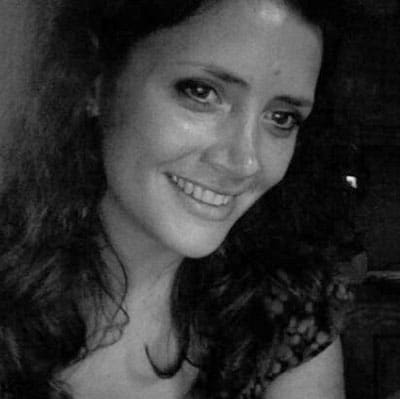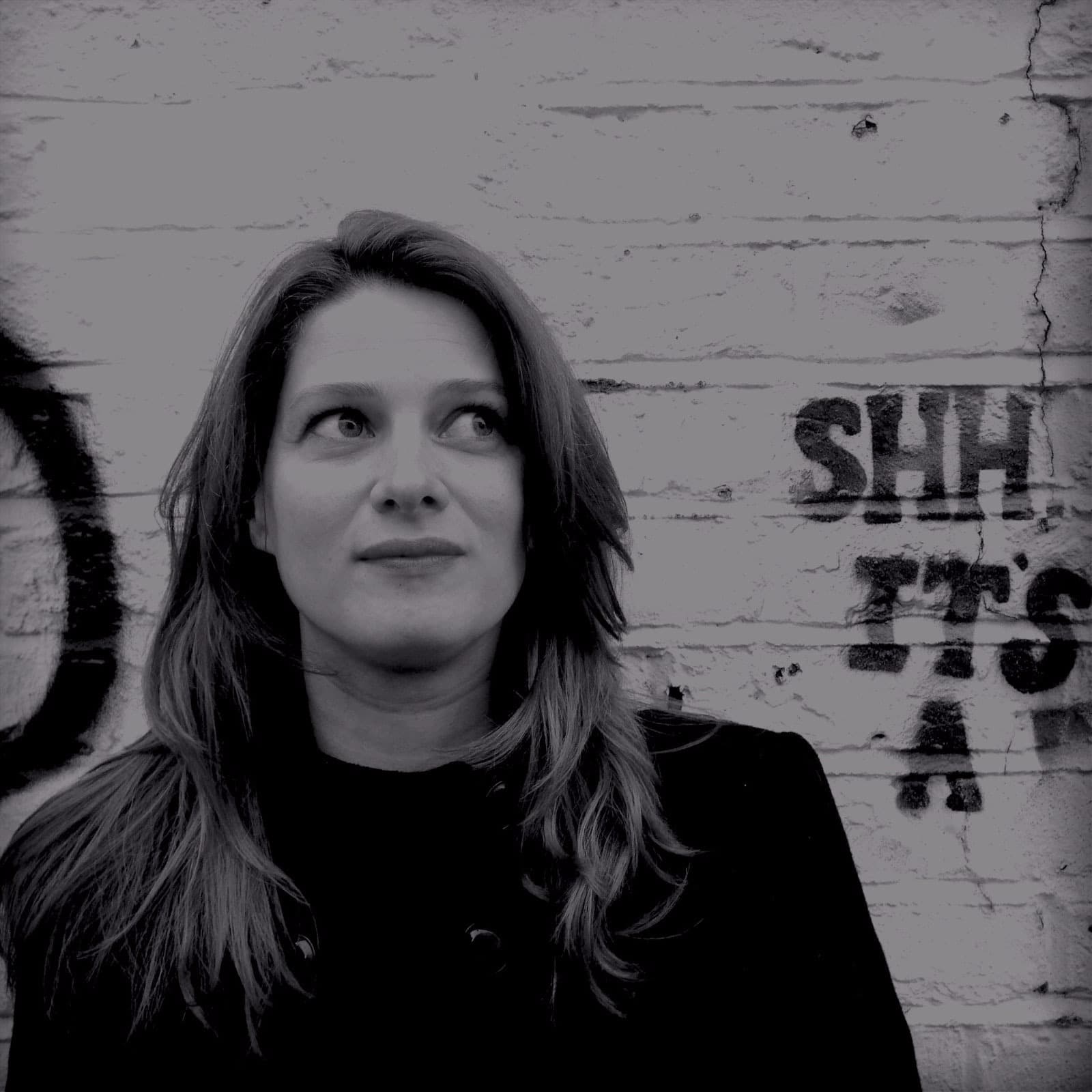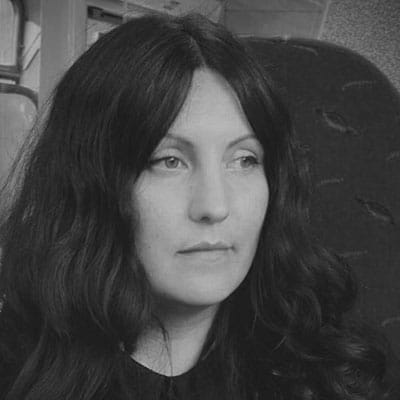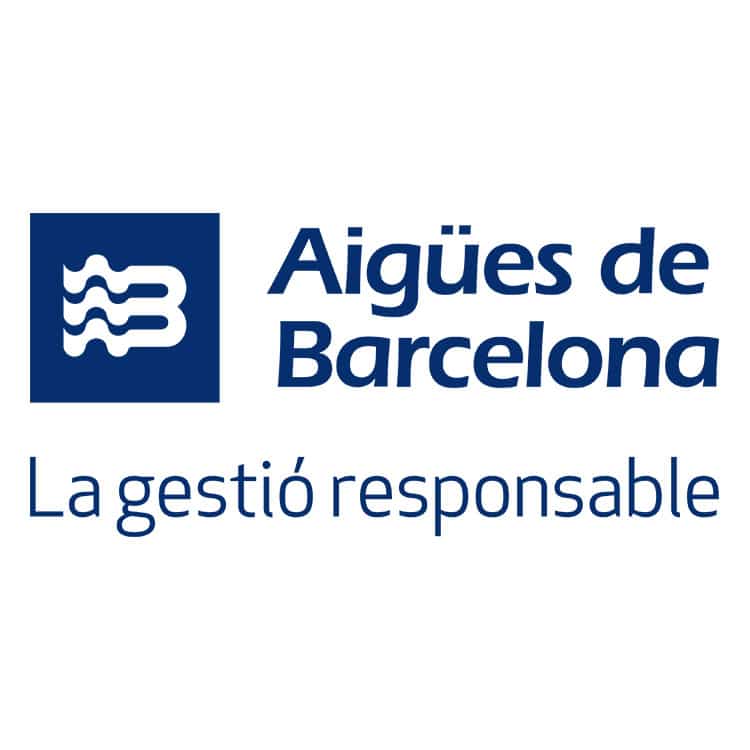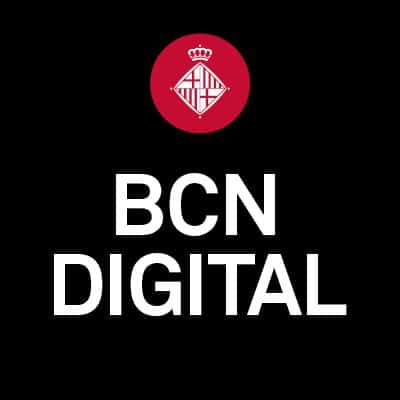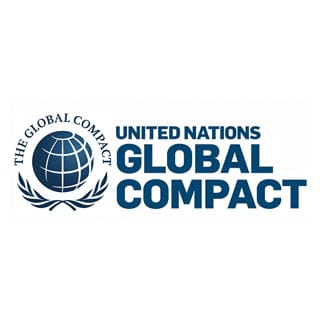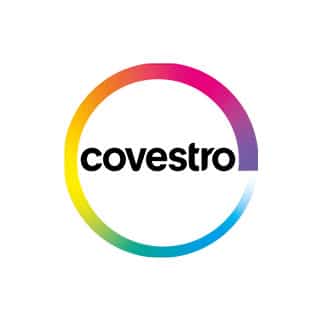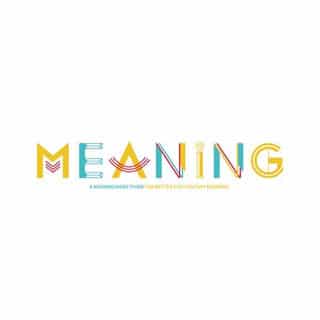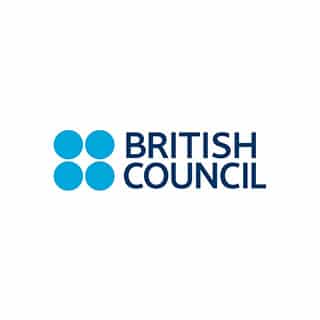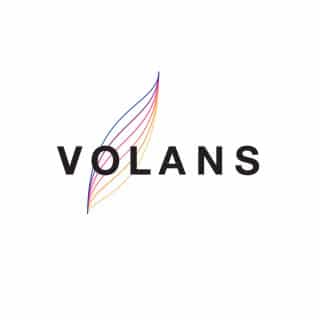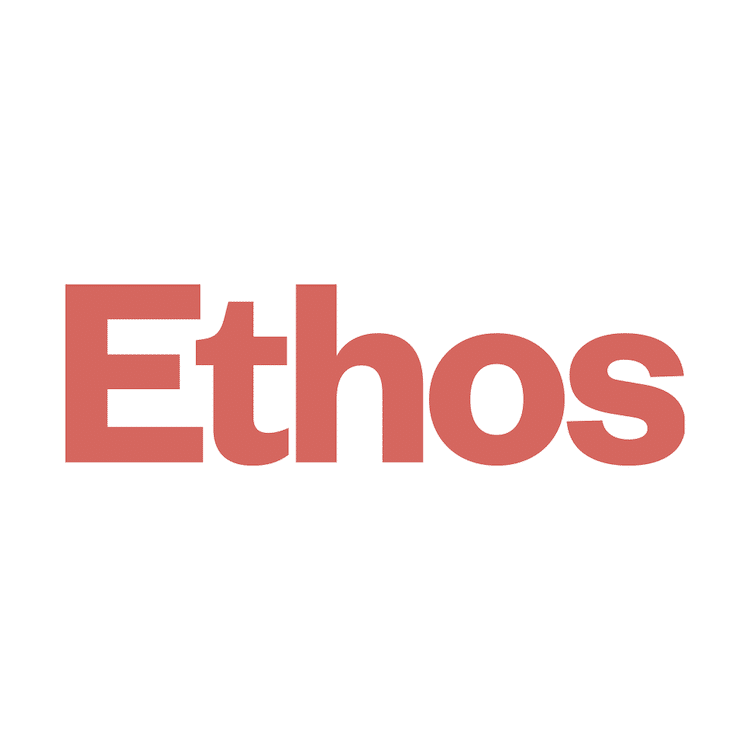It seems our ingenuity has no limits; the horizon of future possibilities is dazzling. Yet many of us keep our eyes on the ground. We enjoy the consumer goods that technological advance brings us, our smart phones, our laptops, but when it comes to the real business of the future, making the world a better place, we are too often spectators rather than participants.In the 1870s, at the end of the last comparable upheaval in human society, the industrial revolution, the English artist and thinker William Morris looked at the change around him. He saw a world where innovation had made it possible to emancipate mankind from dull labour, to be free for the first time to enjoy the pursuit of cultural expression and creativity. And yet it hadn’t happened. Morris said: “I do not want art for a few, any more than education for a few, or freedom for a few.”
We think the same is true today of the future.
We are not a large group, just concerned citizens who believe everyone should have a share in the way the world will be. Our rallying cry is ‘Democratise the Future’, which simply means we wish the future to be open to everyone in the way that Morris hoped art could be. “What business have we with art at all,” Morris demanded, “unless all can share it?”
A decade after that question was asked, North America’s National Geographic Society embarked on its mission to further the increase and diffusion of geographical knowledge. It is now one of the world’s largest non-profit scientific and educational organisations. National Geographic has funded more than 11,000 research, conservation and exploration projects plus a multitude of education programs.
We feel the same way about the future as those educational pioneers did about geography. We want everyone to participate in the onward journey of invention and discovery.
It is true that we face daunting problems and that our obsession with the short‐term has caused a global financial crisis and created environmental disasters. But it is because we believe in the future that we are optimistic. “Optimism is a strategy for making a better future,” says the American intellectual and activist Noam Chomsky. “Because unless you believe that the future can be better, you are unlikely to step up and take responsibility for making it so.”
If you agree, then help us make it so by bringing together the most ambitious and inspiring projects for the future in one place. It can be your own project or someone else’s. It might be a technological innovation, an environmental advance, a medical breakthrough or an ambitious social programme. We don’t mind. As long as it is an innovation for the greater good, then please share it with the Atlas of the Future.
In the 1870s an atlas was a book. Our hope is that Atlas of the Future will be a beacon. As William Morris almost said: “What business have we with the future at all unless all can share it?”
